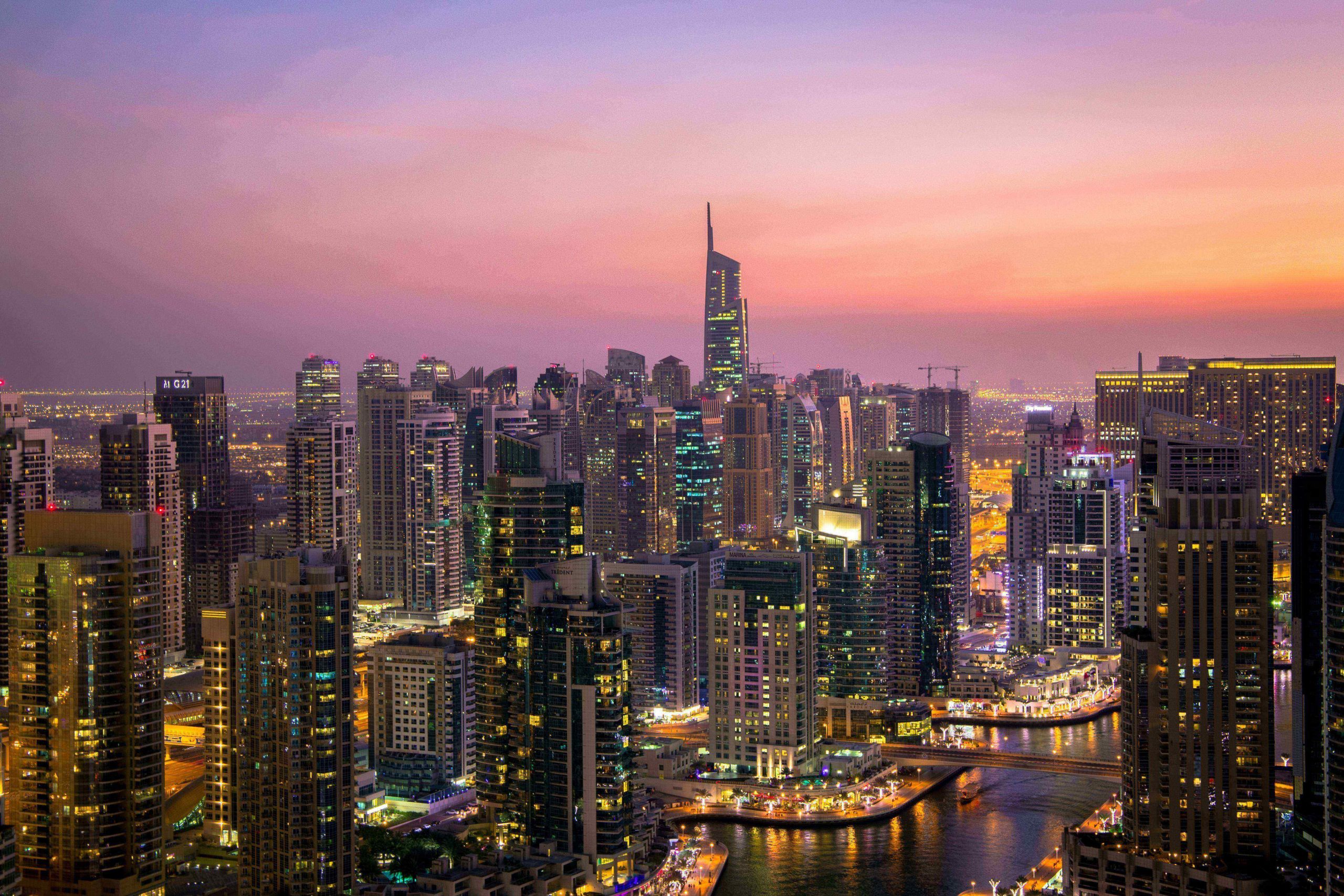Emerging technologies like Artificial Intelligence (AI), Machine Learning (ML), Internet of Things (IoT), as well as an increase in automation in line with Industry 4.0 has placed new pressures on the Cloud and Data Center market in the Middle East, especially in the United Arab Emirates (UAE). In this interview, Johan Nilerud, Senior Director of Strategy and Planning at Khazna Data Centers tells us just how the market is evolving to keep up with the virtual explosion in demand, while doing the tightrope walk vis-a-vis sustainability and energy efficiency related challenges.

How have you seen the Cloud and Data Center industry evolve over the years in the UAE?
The UAE’s cloud and data center industry has evolved rapidly in the past decade, driven by digital transformation across sectors and the government’s vision to establish the country as a global technology hub. Initially focused on localized IT infrastructure, the market has grown into a robust ecosystem capable of supporting global hyperscalers, cloud service providers, and enterprise workloads. We have seen a shift toward hyperscale data centers, with emphasis on energy efficiency and sustainability, as well as advancements in security and connectivity. The demand for data centers has surged, fueled by the proliferation of cloud-based services, e-commerce, and AI-driven applications. Today, the UAE is a leader in the region, with large-scale investments aimed at creating digital infrastructure that powers both the public and private sectors.
What are some of the trends you are observing in data center investments and development in wake of Industry 4.0 and the AI boom?
Industry 4.0 and the AI boom are reshaping data center investments, with a marked shift towards building hyperscale facilities that can handle AI-driven workloads, edge computing, and massive data processing requirements. Key trends include the adoption of AI and machine learning within data centers themselves to optimize performance and energy usage, and the deployment of edge data centers to support low-latency services across industries like manufacturing, healthcare, and smart cities. Another major trend is the focus on sustainability – investors and operators are prioritizing green technologies and renewable energy solutions to meet the increasing demand while minimizing the environmental impact. Data centers are now a critical building block to enable innovations like autonomous systems and IoT, both of which require significant data processing capabilities.
The cloud market is expanding rapidly. AI Supercloud is now a reality. What are some of the trends you have observed vis-a-vis demand for cloud technology, and how are you catering to this?
The demand for cloud technology is soaring, driven by AI Supercloud developments and the need for scalable, flexible infrastructure. Key trends include an increasing reliance on multi-cloud and hybrid cloud strategies, as businesses look for tailored solutions to meet specific needs around data security, compliance, and performance. The rise of AI and machine learning applications is another major driver of cloud demand, as enterprises require vast computing power and storage to train and deploy AI models. At Khazna, we are catering to this by offering hyperscale data centers that provide robust cloud infrastructure, enhanced security, and the scalability to meet these evolving demands. Our facilities are designed to handle high-performance workloads while being energy-efficient and future-proof.
The regulatory environment has been relatively friendly for data center operations in the UAE. How has this helped the industry?
The UAE’s forward-thinking regulatory environment has been instrumental in the growth of the cloud and data center industry. Government policies and frameworks have encouraged foreign investment, created a competitive market, and enabled the seamless operation of global tech companies. The implementation of clear data residency laws and compliance standards has given businesses the confidence to host their data locally, which has, in turn, driven demand for local data centers. Additionally, the government’s support for renewable energy adoption aligns with the sustainability goals of the data center industry, enabling operators like Khazna to focus on green technologies and energy-efficient operations.
Khazna Data Centers is perhaps best known for actually walking the talk on sustainability. How challenging has this journey been?
Our commitment to sustainability has been both rewarding and challenging. Balancing rapid growth with environmental responsibility requires significant investment in energy-efficient technologies and innovative design strategies. For example, we have implemented advanced cooling systems like adiabatic cooling and adopted modular design practices to minimize energy and water consumption, and reduce waste during construction. We are also shifting to renewable energy sources like solar, reducing reliance on conventional energy and lowering greenhouse gas emissions. In October last year, we unveiled our plan to introduce biofuels to our portfolio of generators.
Meeting sustainability standards such as LEED Gold certification has been a rigorous process, but it is a priority for us to ensure that our operations are in line with global best practices. The challenge has been ensuring that we continue to innovate in this space, especially as demand for data services grows, but we are proud to lead the region in sustainable infrastructure.
Khazna is also exploring markets outside the UAE, particularly in North Africa. Could you tell us a bit more about your expansion plans?
Expanding beyond the UAE is a natural progression for Khazna, as we seek to meet growing demand in underserved markets. The regional population is growing and within 20 milliseconds from UAE you can reach a total population of more than 1 billion people. North Africa, as well as other proximate markets represent a strategic focus due to its emerging digital economy, youthful population, and increasing investment in technology infrastructure.
Our goal is to replicate the success we have had in the UAE by delivering world-class data center solutions that prioritize scalability, security, and sustainability. We are always looking for opportunities to have discussions with key stakeholders in the region to explore partnerships and joint ventures. We are dedicated to our aim of delivering hyperscale infrastructure that can support the region’s digital transformation efforts.
What are your predictions for the UAE data center market in the near future, say five years?
Over the next five years, we anticipate continued rapid growth in the UAE’s data center market, driven by the rise of AI, IoT, and smart city initiatives. According to Arizton, the UAE data center market is expected to reach US$ 2.65 billion by 2029, growing at a CAGR of 9.95 percent. The demand for edge computing will increase as more industries adopt digital technologies that require low-latency processing. Sustainability will remain a key focus, with more data centers integrating renewable energy sources and energy-efficient technologies.
Additionally, we expect an uptick in the development of hybrid cloud solutions and an increase in public-private partnerships as the UAE solidifies its position as a global tech hub. The UAE’s Digital Economy Strategy aims to double the contribution of the digital economy to the UAE’s gross domestic product (GDP) from 9.7 percent in 2022 to 19.4 percent within 10 years – and data centers are critical for this growth. Khazna will play our part in contributing to this growth by continuing to lead in hyperscale and sustainable data center solutions to meet evolving needs.
***
This piece was originally published in Issue 6 of w.media Cloud & Data Center Magazine



